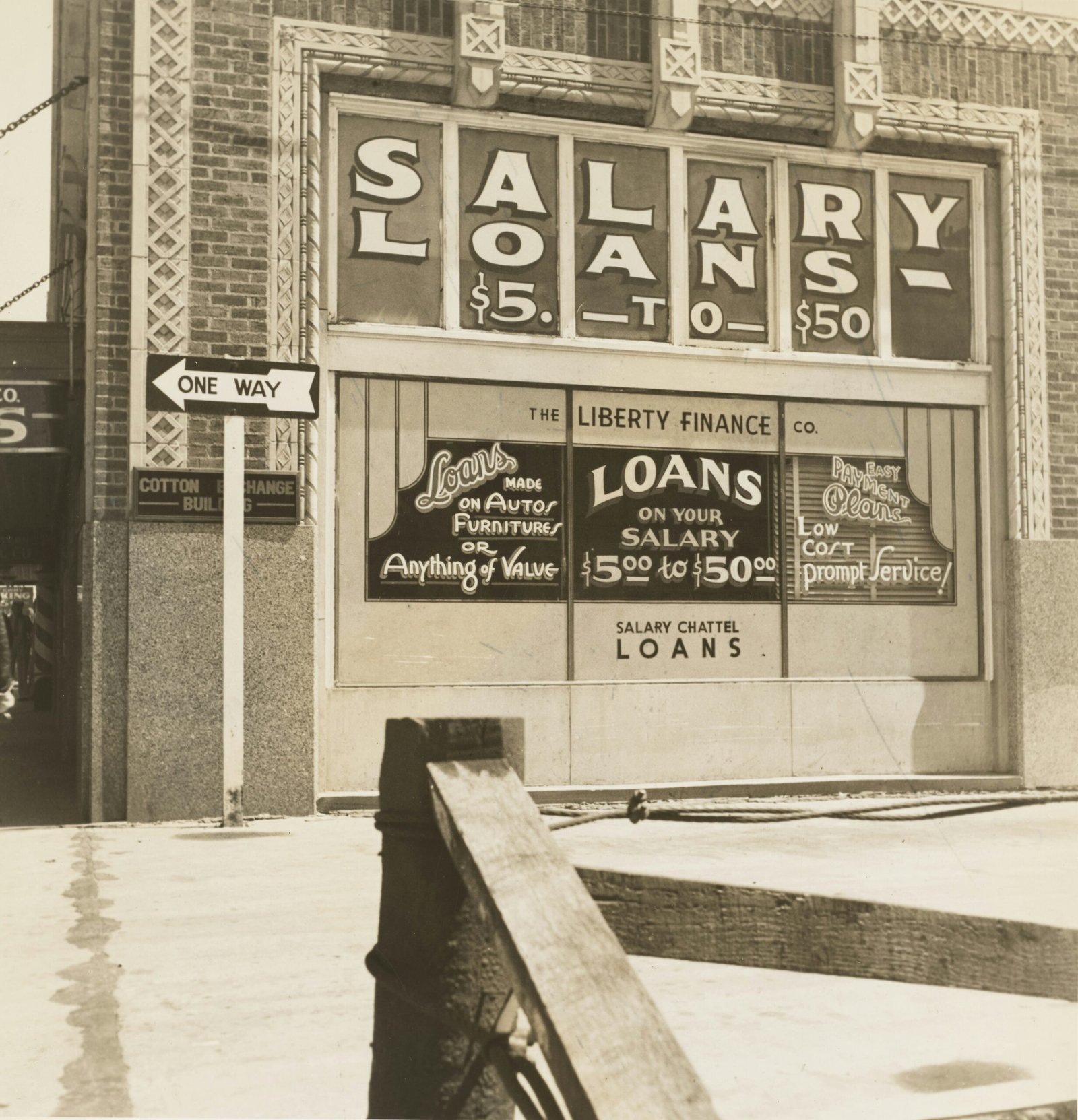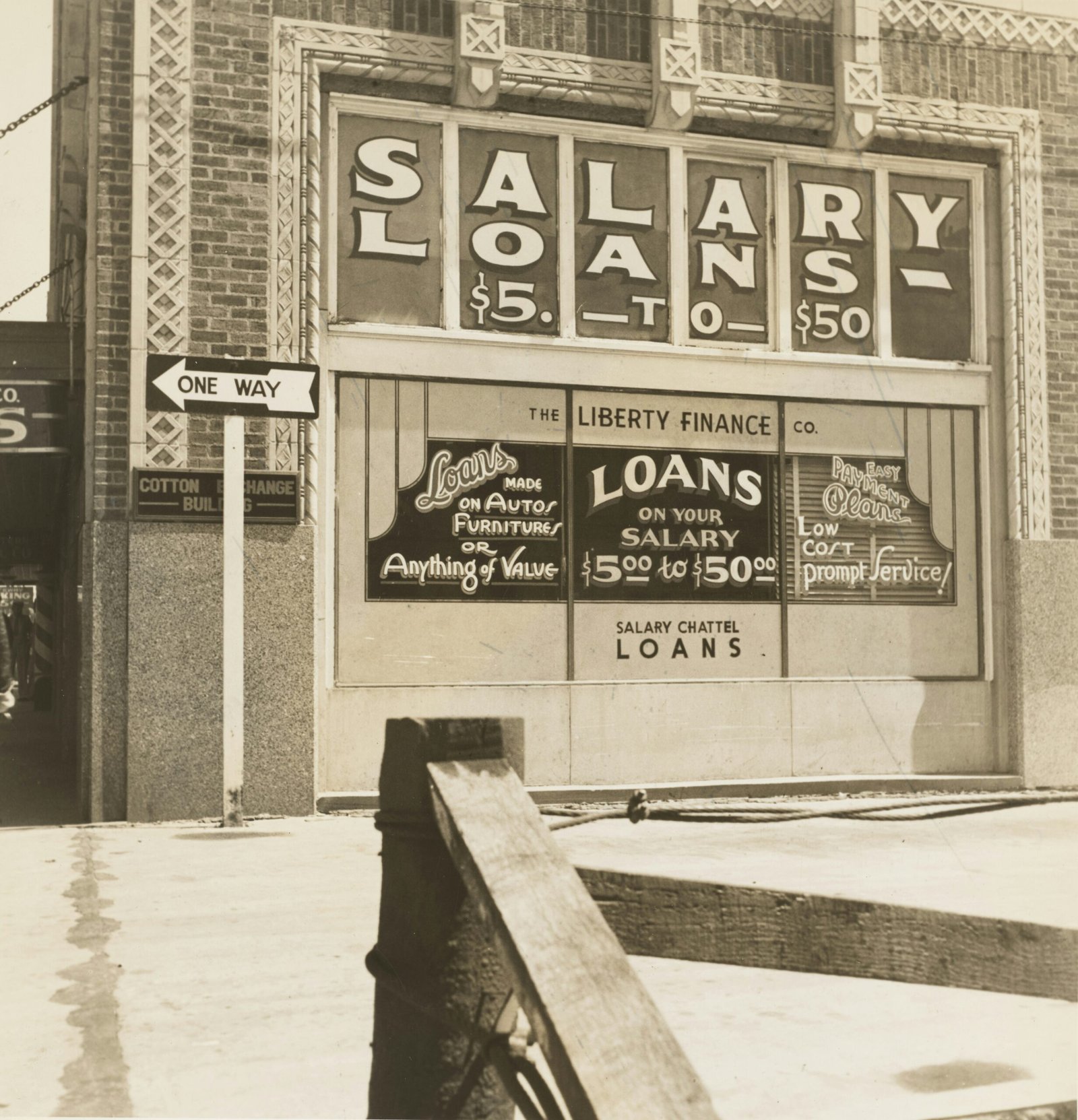
What Can Realistically Change in One Week?
Improving your credit score is a multifaceted process influenced by several key factors. These components include payment history, credit utilization, length of credit history, types of credit accounts, and the frequency of new credit inquiries. Understanding these aspects can help you identify what can be realistically modified within a one-week timeframe.
The most significant factor affecting your credit score is payment history, which accounts for approximately 35% of the overall score. If you have any past due accounts, making those payments on time can lead to immediate improvements. However, if your account has already been delinquent for an extended period, it may take time for the positive impact of timely payments to reflect in your score.
Next is credit utilization, which represents about 30% of your credit score. This ratio is calculated by dividing your credit card balances by your total credit limits. If you can pay down existing debt or increase your credit limits, you can potentially lower your utilization percentage within a week. A general rule of thumb is to aim for a utilization rate below 30% to positively influence your credit profile.
Length of credit history comprises 15% of your score, and while this factor cannot be changed quickly, it can be beneficial to refrain from closing older accounts. This helps maintain a longer average credit history and does not negatively affect your score in the short run.
Finally, new credit inquiries impact your score by about 10%. Applying for new credit can lower your score temporarily due to the hard inquiry. However, avoiding new applications for at least a week can help you maintain your current score without causing further dip.
In summary, while certain elements of your credit score are more challenging to adjust in a week, focusing on payment history and credit utilization can yield noticeable results. Adopting realistic expectations regarding the potential changes can lead to more effective credit management strategies.
Quick Wins: Paying Down Balances and Correcting Errors
Improving your credit score within a week may seem ambitious; however, there are several immediate actions you can take to achieve quick wins. One of the most effective strategies is paying down existing credit card balances. Credit utilization is a critical factor in credit scoring, and keeping this ratio below 30% can significantly benefit your score. By making payments and reducing your debt, you can lower your utilization rate, which could lead to an increase in your credit score within a short period.
In addition to managing balances, it is crucial to ensure all your accounts are current. Late payments have a negative impact on your credit score, so confirm that all accounts are paid on time. If you find any overdue accounts, prioritize these payments as they can significantly hinder your creditworthiness. Setting up payment reminders or utilizing automatic payments can help you avoid this common pitfall in the future.
Another fundamental step to take is reviewing your credit report for inaccuracies. Regularly checking your credit report not only helps you stay informed about your credit standing but also allows you to catch any errors that could negatively affect your score. Look for mistakes such as incorrect account information, duplicate listings, or accounts that do not belong to you. The Fair Credit Reporting Act entitles you to dispute any inaccuracies you find.
To dispute an error, gather the necessary documentation and contact the credit reporting agency, providing them with evidence to support your claim. They are required by law to investigate the dispute within 30 days. Correcting even minor errors can lead to an immediate improvement in your credit score, underscoring the importance of proactive credit management on your journey toward better financial health.
Managing Expectations
Improving a credit score is a goal for many individuals, but it is essential to understand that significant changes within a week are often unrealistic. The credit scoring system is complex and influenced by various factors, including payment history, credit utilization, length of credit history, and types of credit accounts. Understanding these components can help set more achievable goals when considering improvements in a short timeframe.
One of the primary factors that influence credit scores is payment history, which constitutes 35% of a score. Late or missed payments can have a long-lasting negative impact, and while making on-time payments helps, the benefits are usually gradual rather than instantaneous. A week may not suffice to observe a marked improvement, especially if negative information is still present on the credit report.
Another critical aspect to consider is credit utilization, which measures the ratio of current debt to available credit. Maintaining a low credit utilization ratio is beneficial; however, significant changes in utilization rates may take time to reflect in scores. For instance, paying down a credit card can improve utilization metrics, but there is no guarantee that a visible score increase will occur within a week, as credit bureaus typically update information on a monthly basis.
Lastly, it is vital for individuals to recognize that while minor improvements can sometimes be made—such as resolving disputes or correcting inaccuracies in credit reports—substantial alterations in credit scores and the overall credit profile typically require consistent and long-term effort. The journey toward a higher credit score is often a marathon rather than a sprint. Setting realistic expectations not only helps in maintaining motivation but also mitigates disappointment that may arise from misunderstandings about the speed of credit score improvements.
Strategies to Build on After the Week
While a focused effort over one week can indeed yield noticeable improvements in your credit score, sustaining these enhancements requires ongoing commitment to smart credit management practices. One of the primary strategies for long-term credit score improvement is maintaining low credit utilization. This means keeping your credit card balances low relative to your credit limits. Ideally, aim for a utilization rate below 30%. Regularly paying down balances, instead of merely meeting the minimum payments, will further contribute to a healthier credit profile.
Another critical strategy is to ensure that all payments are made on time. Payment history accounts for a significant portion of your credit score, and even one late payment can have a lasting negative impact. Setting up automatic payments or reminders can help ensure that bills are not missed, keeping your financial health on track. In addition, consider the timing of your payments; making multiple payments throughout a billing cycle can help reduce your overall utilization and positively influence your score.
Diversifying your credit sources is also a beneficial tactic. A mix of credit types, such as revolving accounts (credit cards) and installment loans (auto loans, mortgages), can enhance your score. However, this should be approached carefully; opening too many new accounts at once can lead to hard inquiries, which may temporarily lower your score. Instead, gradually introduce new credit products as needed, making sure to maintain responsible usage habits.
Regular monitoring of your credit report is essential as well. Keeping an eye out for errors or changes can help you address issues before they escalate. Utilize services that allow you to track your credit performance and alert you to significant shifts. By adopting a proactive stance towards your financial health and consistently implementing these strategies, you will be well on your way to improving your credit score over the long term.
